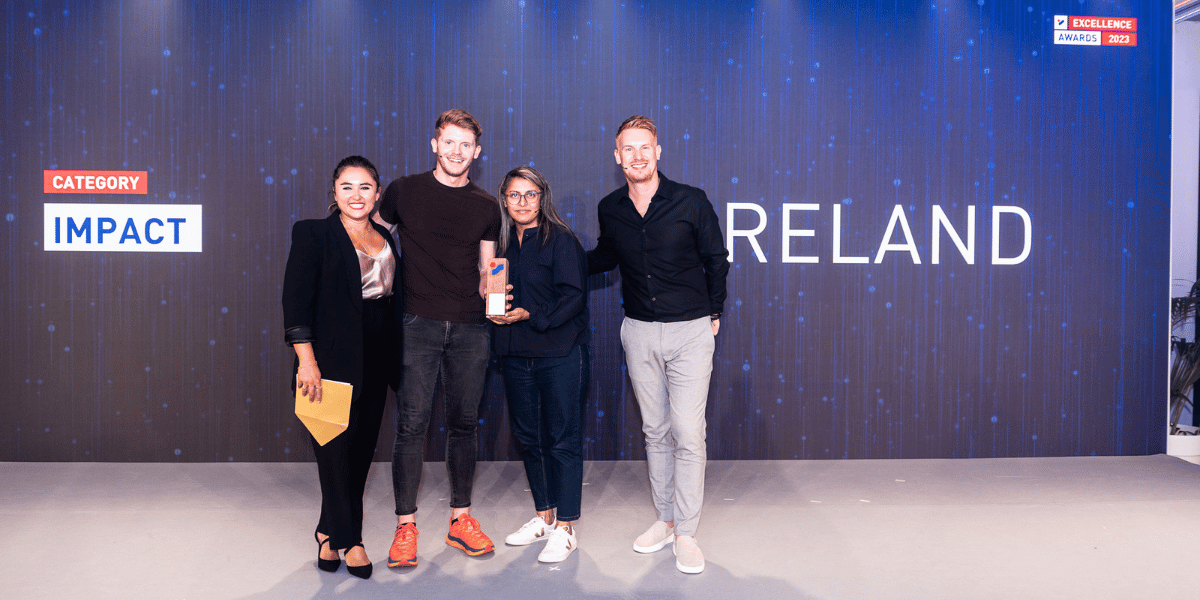
Embracing the Future: Circular Economy in Ireland’s Sport Retail
In today’s Ireland, sustainability and the idea of a circular economy plays a crucial role in influencing our decisions.
That goes beyond being a trendy term and instead represents a necessary change in our perspective on consumption and the use of resources.
This approach, with a focus on the reuse and recycling of materials, is transforming industries on a global scale, including the ever-evolving world of sports retail.
In Ireland, the circular economy is gaining traction, reshaping our connection with the products we value and utilise.
Intersport Elverys is proud to be leading the way in sustainable practices.
This approach is not merely a component of our business model; it is ingrained in our values, showcasing a profound recognition that the well-being of our planet is intimately connected to the well-being of individuals and their athletic pursuits.
In this blog, we’ll explore the fascinating world of the circular economy, its significance in Ireland, and how it intersects with the realm of sports retail.
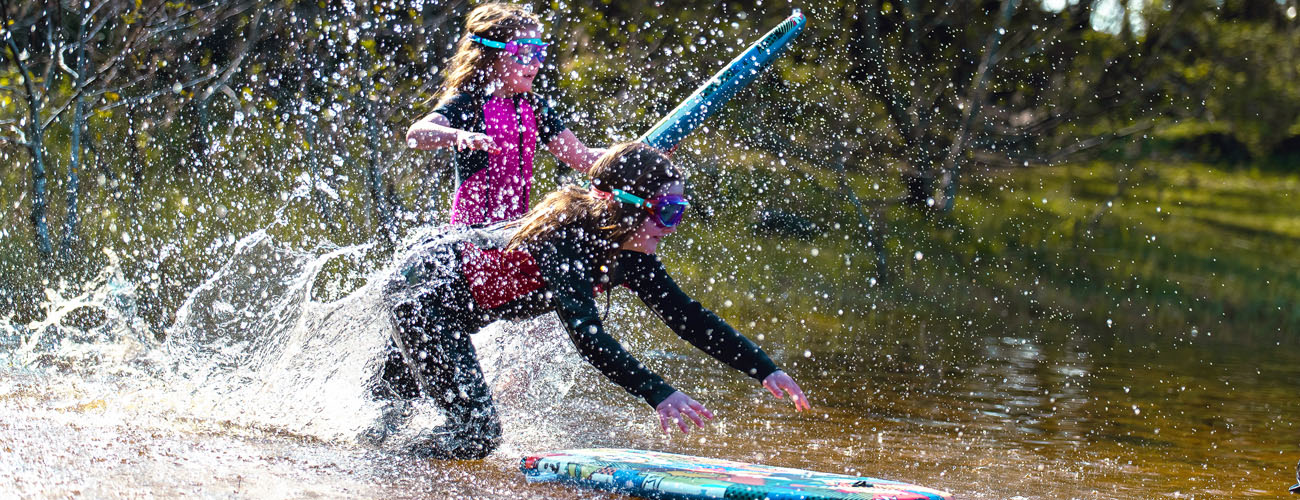
Understanding the Circular Economy
What is the circular economy
Picture a future where all our resources are repurposed, recycled, or reused, resulting in a minimal impact on the environment.
This exemplifies the circular economy, a more sustainable alternative to the conventional ‘take-make-waste’ approach.
In the world of sustainable practices, resources are utilised to their fullest potential, ensuring that their value is maximised during their lifespan.
Additionally, products and materials are carefully recovered and regenerated at the end of their life cycle.
It’s similar to a relay race where the baton is not discarded after the race, but rather passed on for continued use.
The Circular Economy versus the Traditional Linear Economy
The linear economy, which is the conventional approach to production and consumption, follows a ‘use and dispose’ principle.
It feels like a sprint race: rapid, intense, and concluded swiftly with little consideration for the aftermath.
On the contrary, the circular economy resembles a marathon, emphasising endurance and sustainability.
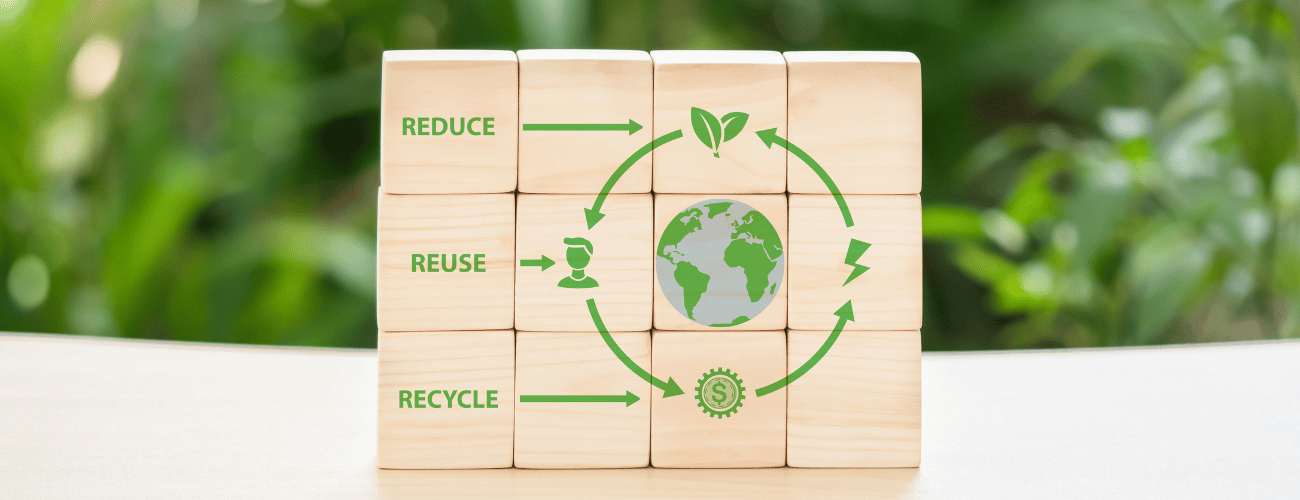 It highlights the importance of minimising waste, utilising resources efficiently, and promoting recycling to create a sustainable cycle that benefits both the environment and the economy.
It highlights the importance of minimising waste, utilising resources efficiently, and promoting recycling to create a sustainable cycle that benefits both the environment and the economy.
This transition is not only crucial for the environment, but it also presents a promising economic prospect, encouraging creativity and establishing fresh approaches to business.
Circular Economy in Ireland
Ireland’s Journey Towards Sustainability
Ireland is wholeheartedly embracing the concept of the circular economy.
There is a strong commitment from the Irish government and various industries to integrate sustainable practices into their operations.
Ireland is making significant strides towards becoming a frontrunner in sustainability, with a range of initiatives at both national and local levels.
This journey is characterised by significant achievements, including policy reforms, investments in green technologies, and public awareness campaigns.
Just look at Intersport Elverys delivery partner and Ireland’s state postal service, An Post, and their sustainability strategy.
Impact on Irish businesses and consumers
The Irish business landscape is being reshaped by the shift towards a circular economy.
Businesses are increasingly embracing environmentally friendly practices, not only to meet regulations, but also as a fundamental aspect of their company values.
This shift is also impacting consumer behaviour, as more and more people are showing a preference for products and services that are environmentally friendly, like our Impact range.
Today, more and more individuals are becoming conscious of their ecological footprint and are actively selecting options that reflect their commitment to sustainability.
Embracing this changing perspective is essential for propelling Ireland towards a more sustainable, circular economy.
Benefits of a Circular Economy for Athletes and Sports lovers in Ireland
Improving Performance and Protecting the Planet
Embracing the circular economy presents a mutually beneficial opportunity for athletes and sports enthusiasts alike.
It allows for the creation of products that not only enhance performance but also prioritise environmental sustainability.
Sports equipment that prioritises sustainability is crafted to be environmentally friendly while still delivering top-notch performance.
Take running shoes made from recycled materials, for instance. They can provide an equal level of support and durability compared to conventional options.
This innovative solution allows athletes to make environmentally conscious choices without compromising on quality or performance, like this study will show.
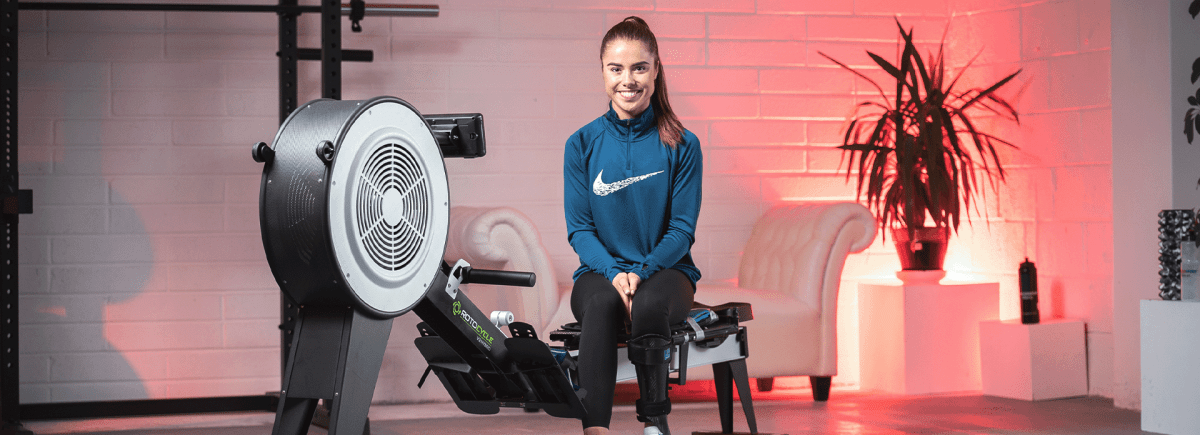
Promoting Environmentally-Friendly Options
Embracing sustainable sports products also empowers athletes and enthusiasts to become passionate advocates for the environment.
By opting for gear made from recycled or sustainable materials, individuals can make a positive impact on waste reduction and pollution prevention.
In addition, by endorsing brands that prioritise sustainability, we can inspire broader change within the industry, motivating other companies to embrace eco-friendly practices.
This innovative solution allows athletes to make environmentally conscious choices without compromising on quality or performance, like this study will show.
The Role of Sports Retail in the Circular Economy
Production to Process
At the core of the circular economy lies a forward-thinking approach to producing and selling sports products.
The sustainable transformation is greatly influenced by the sports retail industry.
Through the implementation of circular practices, waste and energy consumption can be significantly reduced in the production phase of sports retail.
We prioritise the use of sustainable materials, employ energy-efficient manufacturing processes, and create products with a longer lifespan.
Retailers can also inspire consumers to join the sustainable movement by providing services such as gear recycling and selling refurbished equipment.
This way sports products can be kept in use for a longer time, reducing waste in landfills.
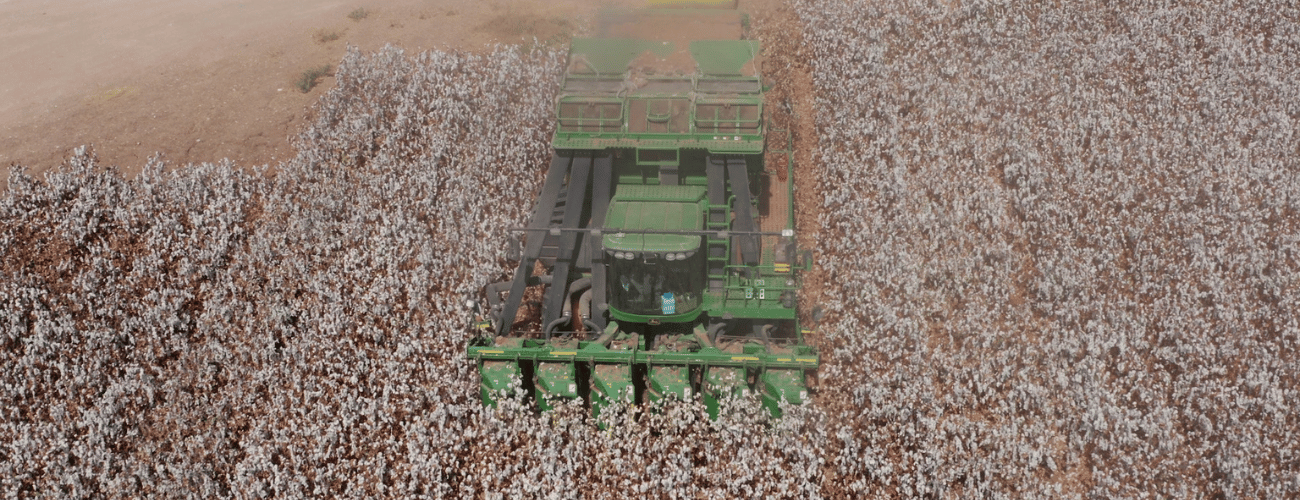
Embracing Sustainability in the Sports Retail Industry
The shift towards sustainability in the sports retail sector goes beyond simply minimising environmental harm; it involves establishing groundbreaking benchmarks within the industry.
Our focus is on developing products that not only cater to athletes’ performance requirements but also adhere to environmental principles.
There is a growing trend in the sports industry towards the use of eco-friendly materials, including biodegradable fabrics and recycled plastics, in sports equipment and apparel.
Companies in the retail industry are actively seeking out new and creative ways to address sustainability concerns.
One approach being explored is the use of modular designs, which enable products to be easily repaired or repurposed.
These practices not only help create a healthier planet but also appeal to a new generation of consumers who are environmentally conscious.
Intersport Elverys Dedication to Sustainability
Intersport Elverys is committed to being fully circular in every aspect of our business by 2050.
We plan on doing this by aligning our goals with the Intersport Sustainability Strategy and we have made serious progress so far.
Recently, we are awarded the Intersport Impact Leadership Award for our efforts at our HQ in Castlebar.
Along with our key strategic brands, there is now a clear vision for the future, aiming to broaden our selection of Impact products, and persist in enlightening customers about the advantages of sustainable sports merchandise.
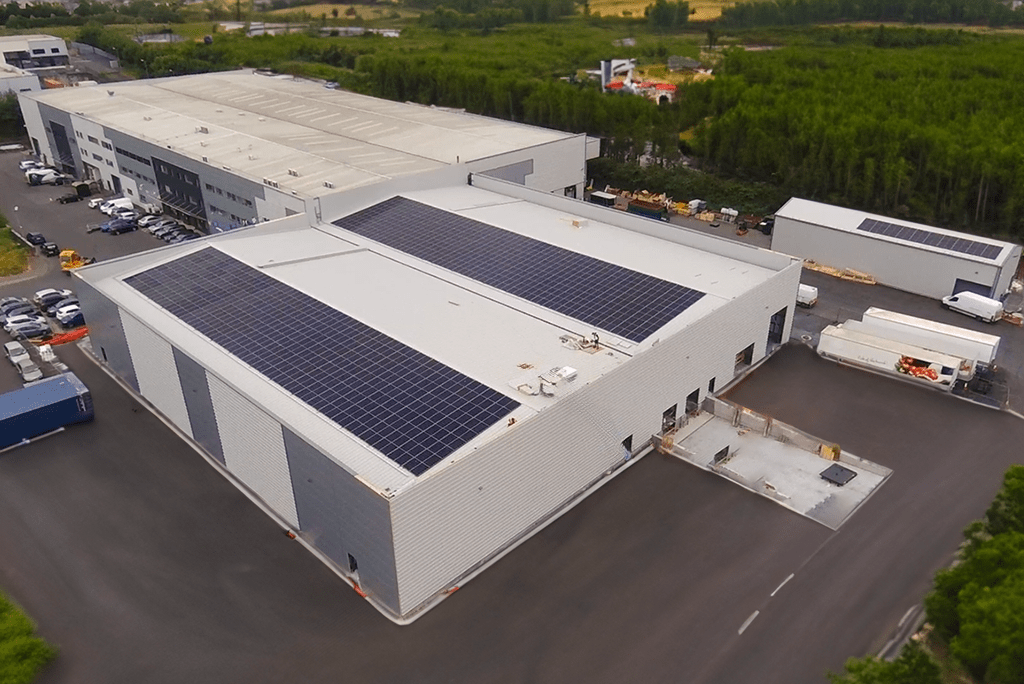
Ways for Consumers to Engage in Circular Economy
Practical Steps Towards a More Sustainable Future
Consumers are essential in propelling the circular economy movement.
Small steps can have a big impact: selecting products with minimal packaging, buying pre-owned sports equipment, or supporting brands that prioritise sustainability.
In addition, taking part in recycling programmes or contributing used sports gear can play a role in keeping these items in use and preventing them from ending up in landfills.
These are all really good ways to help reduce our carbon footprint.
Championing a Shift Towards Sustainability
Consumers have the power to drive change and promote sustainability within the sports industry.
One way to achieve this is by advocating for policy changes that promote circular economy practices.
Another approach is to actively participate in community initiatives that promote sustainability.
Additionally, sparking discussions about sustainability in sports forums and social media can also make a significant impact.
Through increased awareness and consumer advocacy, industry trends can be influenced to create a more sustainable future for sports retail.
Conclusion
By embracing the circular economy, our focus goes beyond sustainable products – we are actively investing in a future that is built on sustainability.
Let’s continue to embrace an eco-friendly mindset as we run, jump, and play, knowing that each step we take contributes to a greener and more sustainable Ireland.
Keep making an IMPACT.
